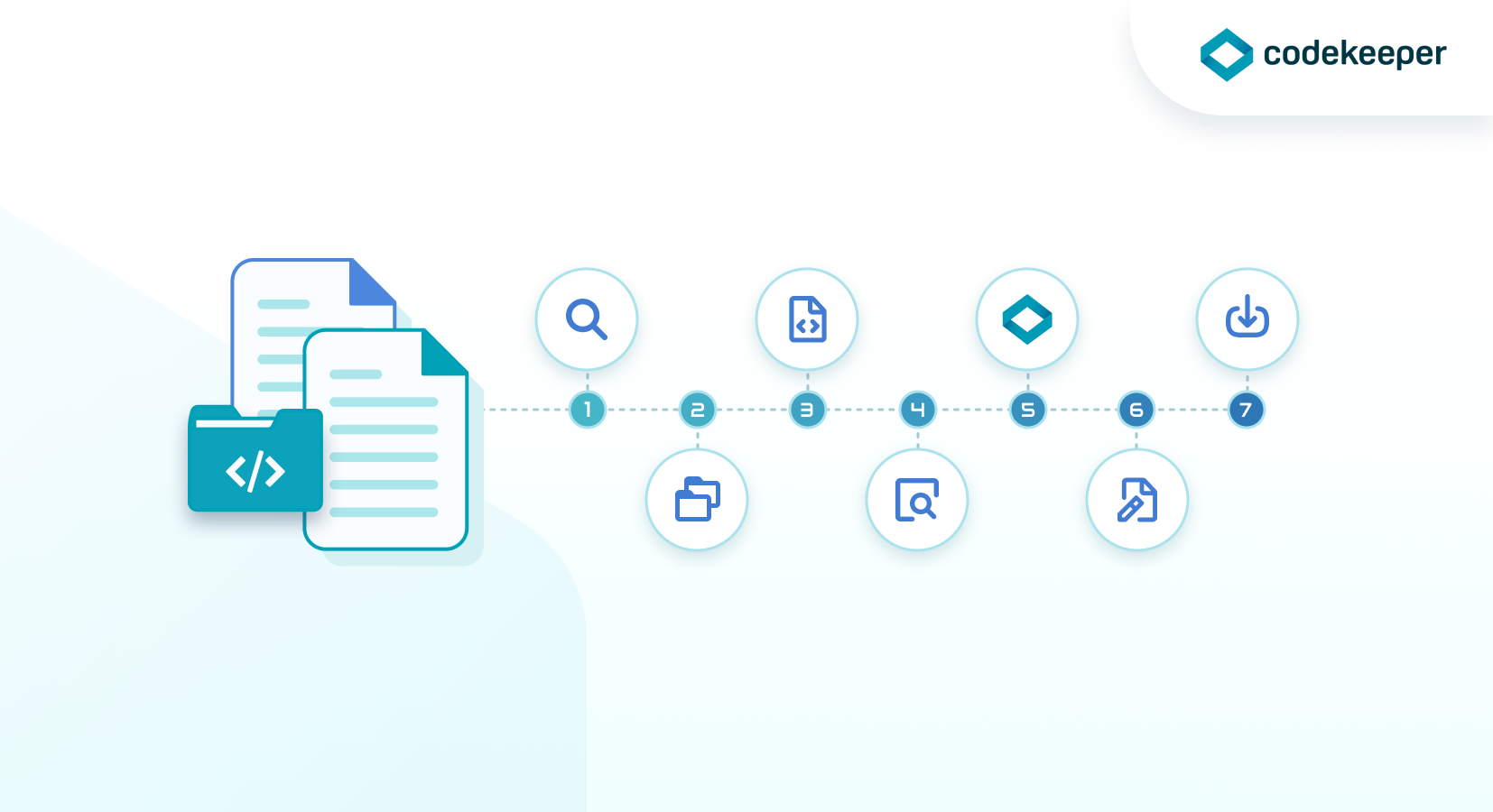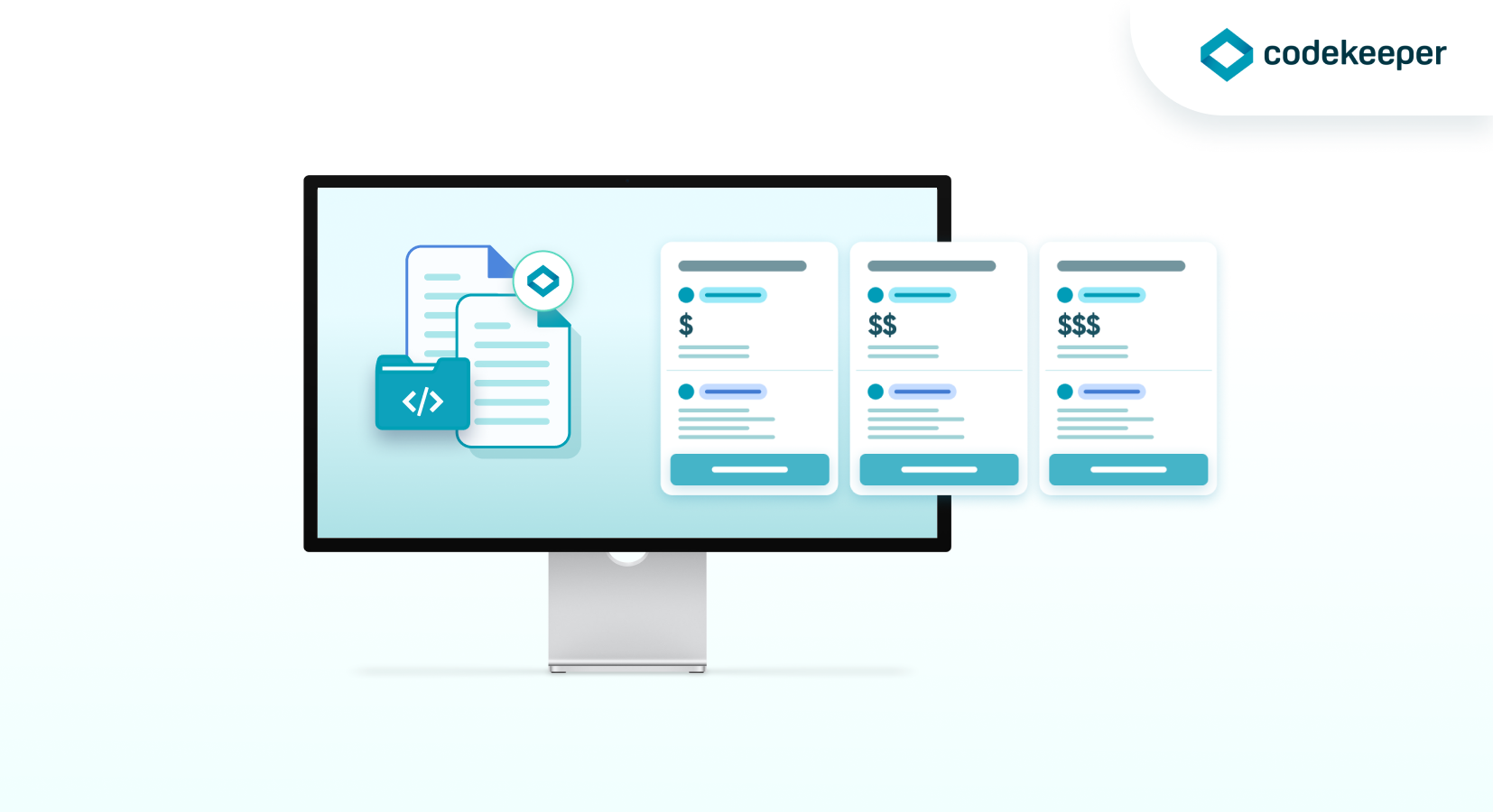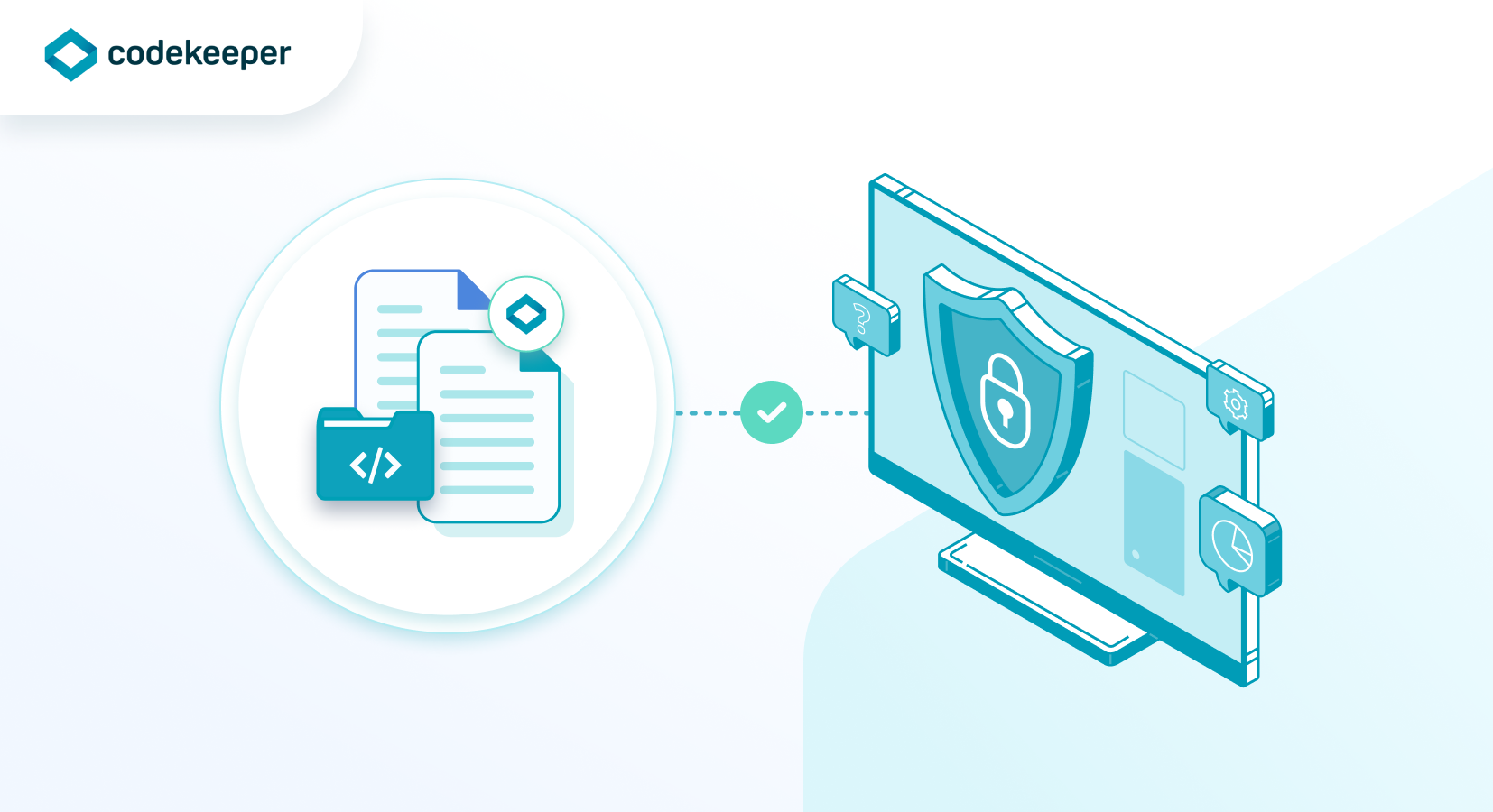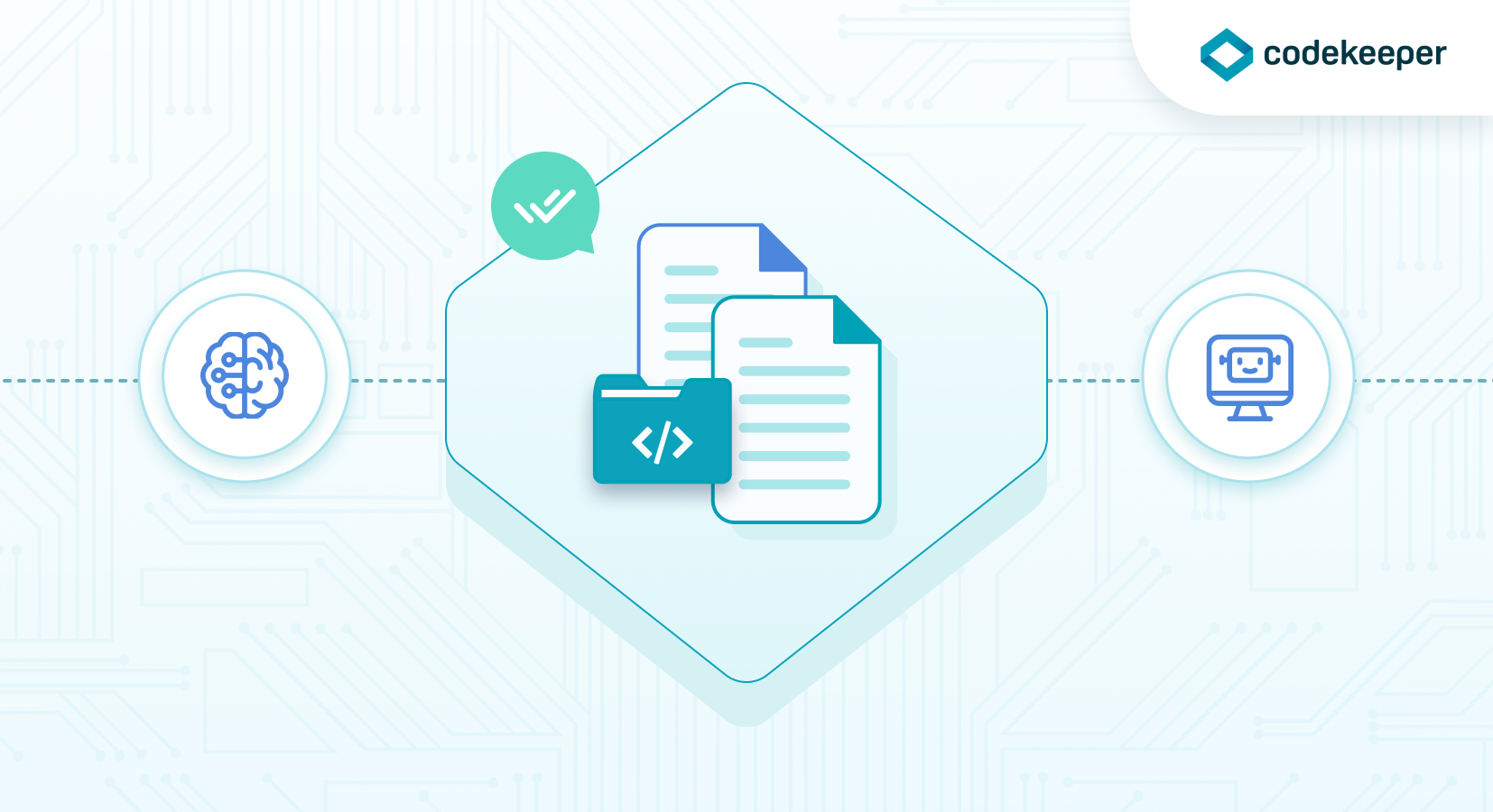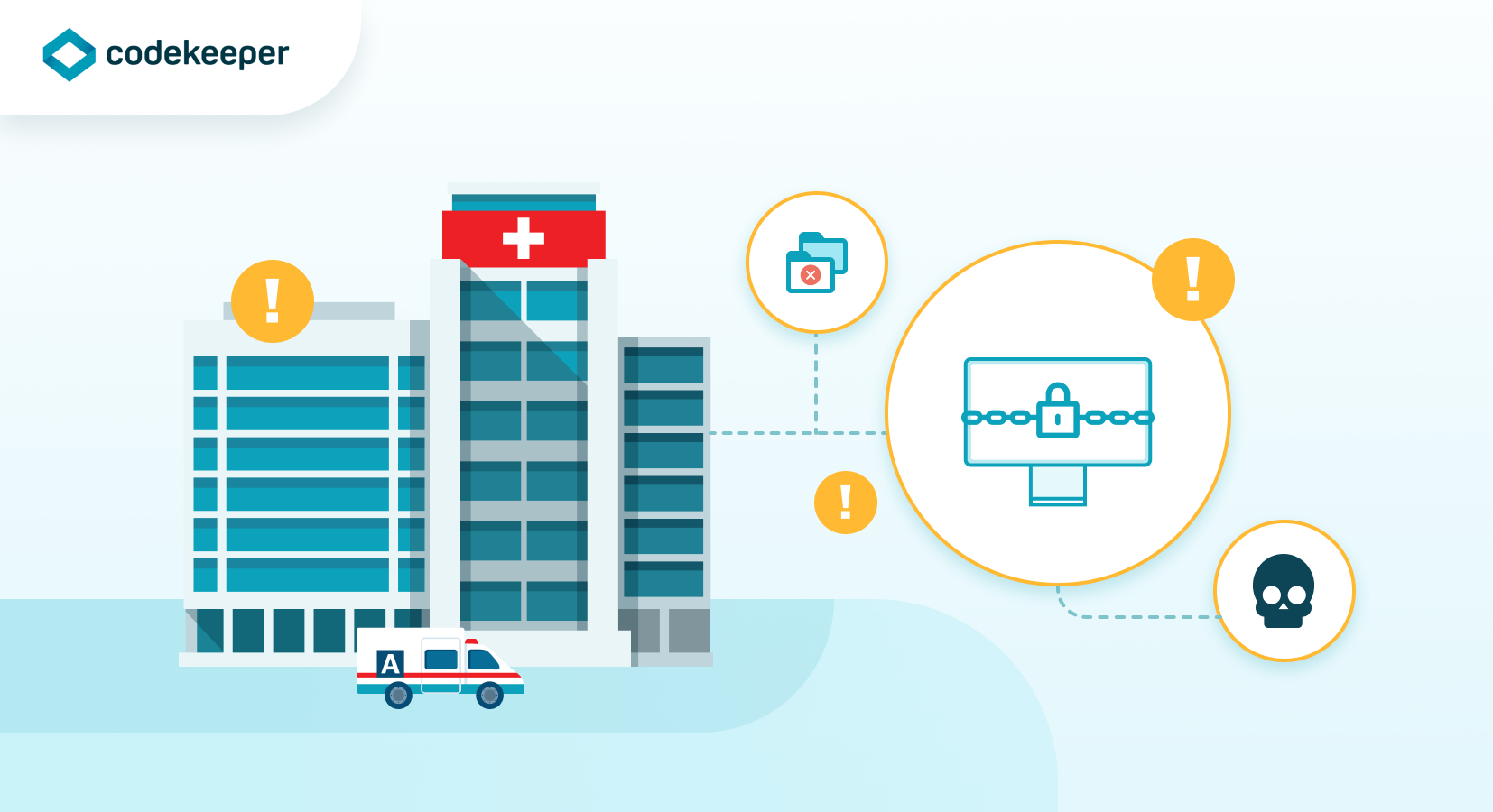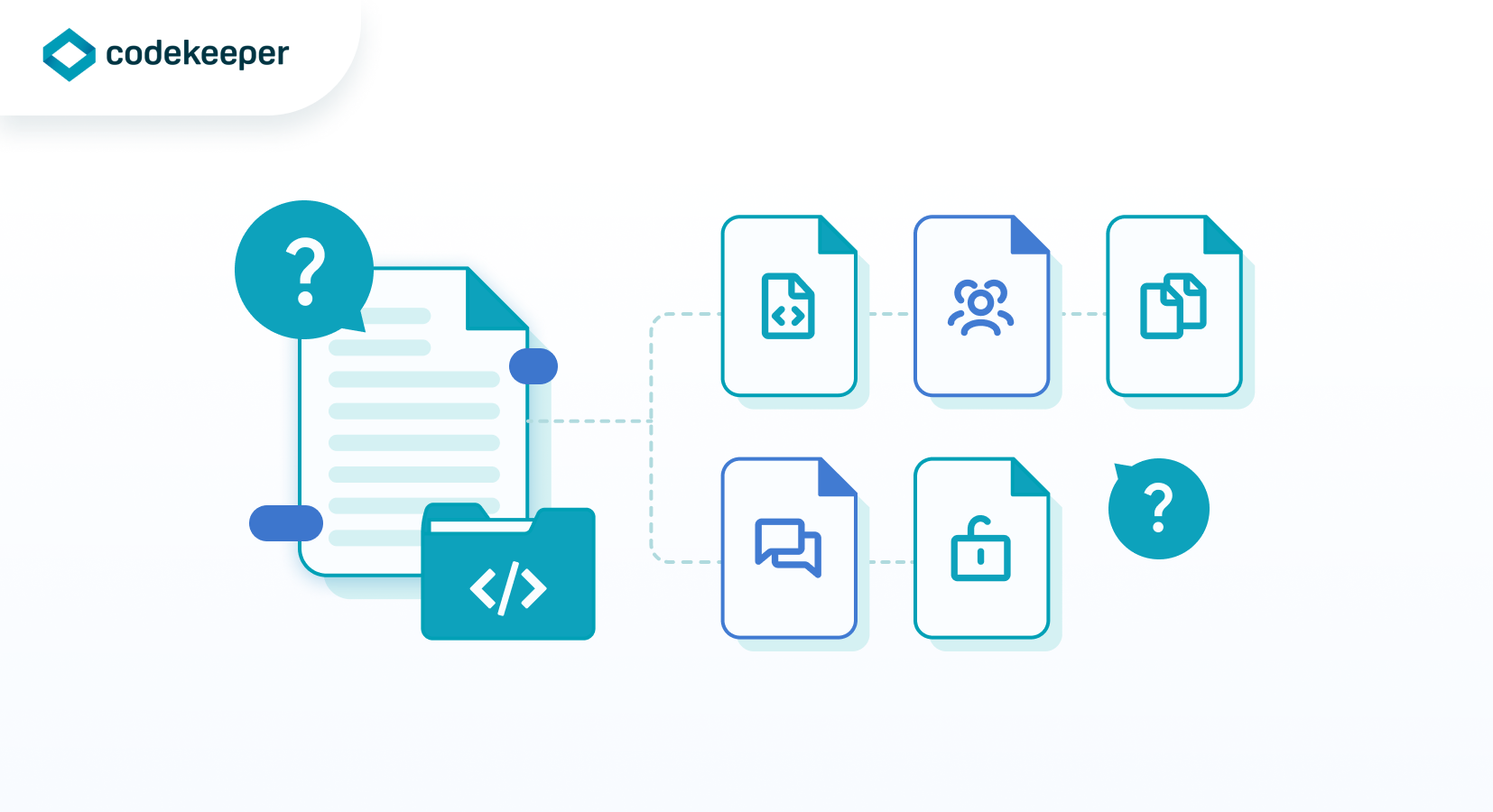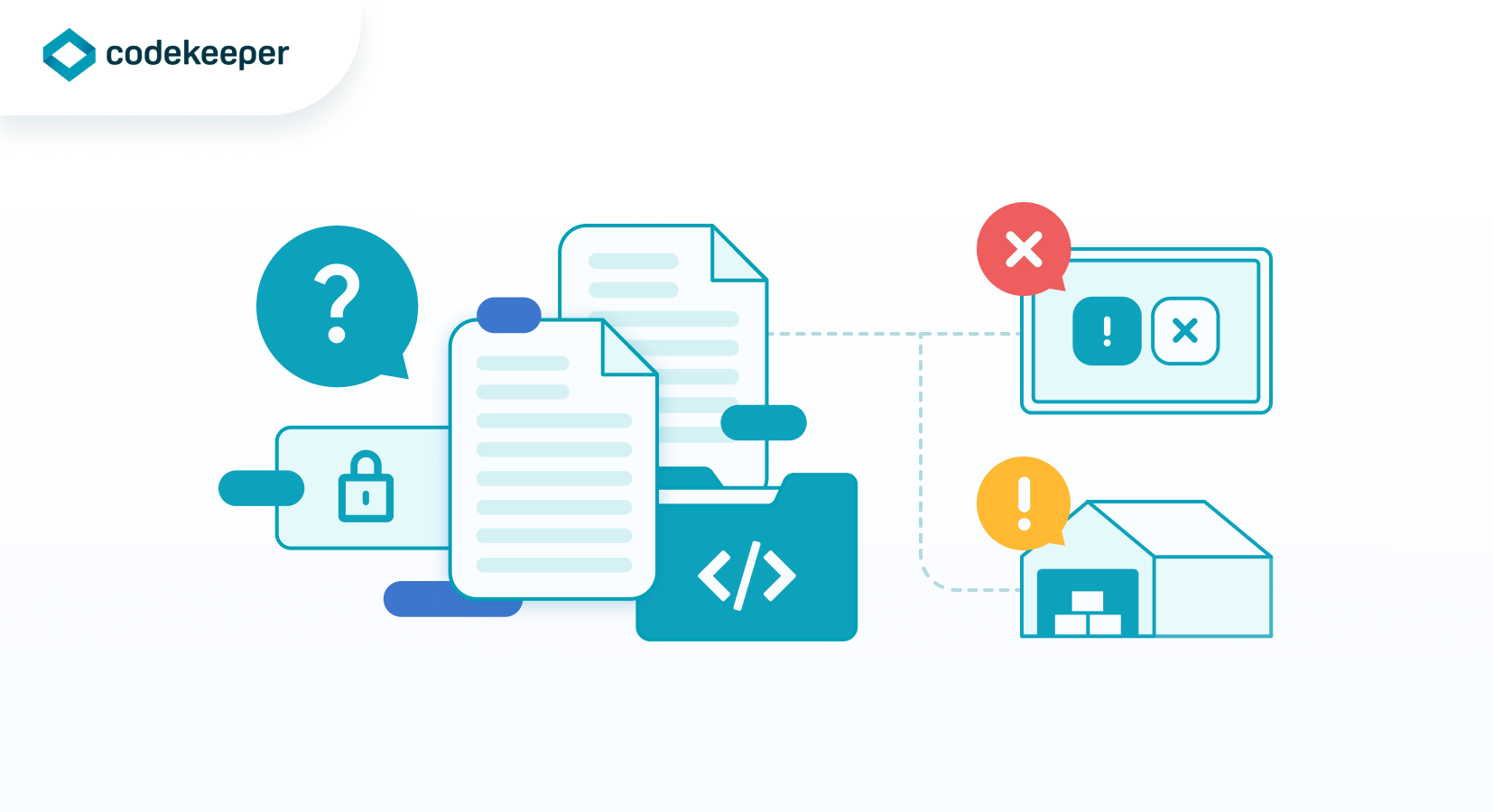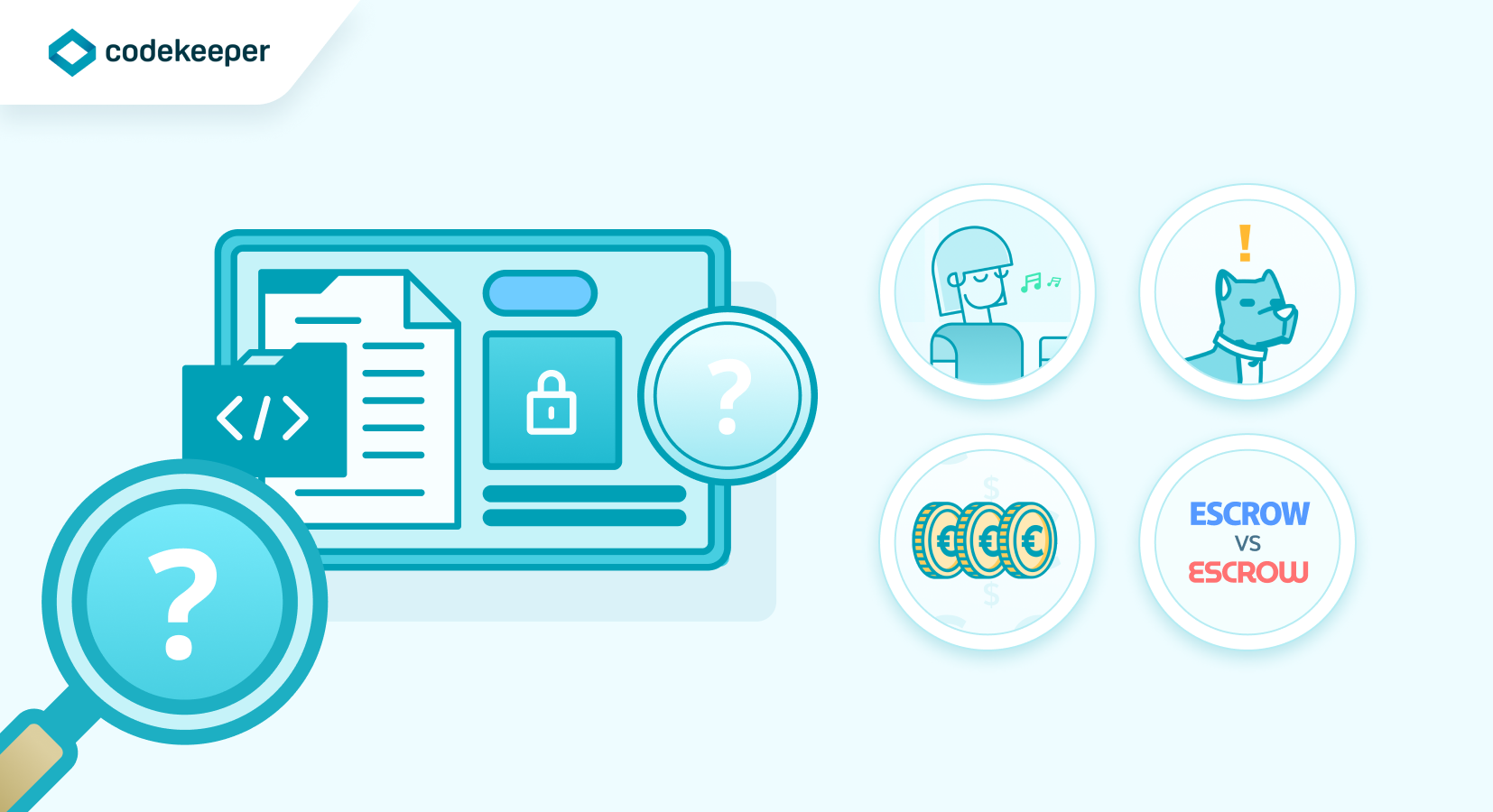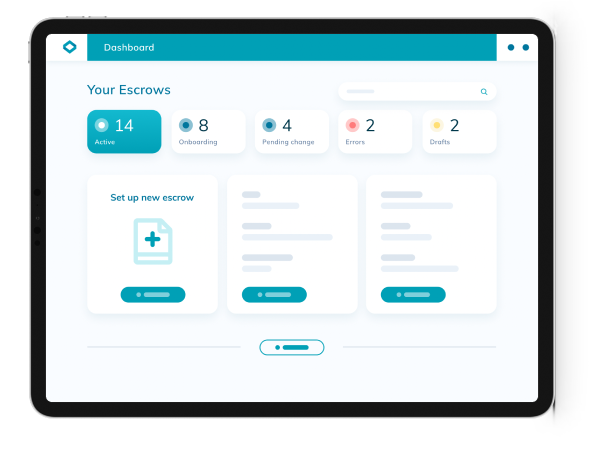Software escrow agents are impartial third parties who retain and manage copies of software programs and their source codes on behalf of both software developers and users. This practice is known as software escrow. Software escrow serves as a safeguard and source of comfort for both parties in the event of unforeseen occurrences like the software developer's bankruptcy or suspension of activities.
source code escrow, cyber security
source code escrow, software escrow, saas escrow
When it comes to legal agreements, make sure you know what you're signing for.
Your enterprise relies on mission-critical software and applications that you cannot afford to lose access to as it would result in severe losses in revenue.
You’ve done your research and have decided that it would be in your company’s best interest to enter into a source code escrow agreement. Now the next question you need to ask yourself is: what type of software escrow agreement is best for your business's individual needs?
Although the concept of software escrow agreements is widely recognized, the terminology used in these agreements can still leave one scratching your head.
Let’s have a look at the different types of agreements:
enterprise, source code escrow
Consider the following.
We’re heading into a new year and your business is thriving. Congratulations! There is no doubt that you have worked hard to get to where you are today. You’ve invested time and money in your people and resources and you’ve finally found the winning recipe. Your impressive annual sales reports are evidence of a business well run. You use state-of-the-art software solutions that give you the upper hand over your competitors.
enterprise, source code escrow
Table of contents:
Businesses increasingly rely on software that stores revenue-generating and highly customized data. A sudden limitation in data access could mean the failure of the entire business operation. This is where software escrow agreements come in, as they protect these data by depositing a software source code with a third-party agent. This trusted agent works to protect the developer's intellectual property while keeping a safe copy for the licensee.
If anything happens, like when a vendor can no longer support the software, the source code can be released from escrow to the licensee in order to keep their business running and give them options to move forward. Deloitte emphasizes that businesses should plan contingencies through resilience programs in order to create a proactive and agile risk capability. A software escrow is one intelligent component of a continuity strategy in an ever-changing business environment. Because developers will not part easily with their source code, having a software escrow agreement is the most effective way to overcome such an impasse.
Dwight Olson CLP, author of The Long Journey to Software Valuation, describes technology escrow as a business tool. Olson explains that it allows for a proper software valuation and protects licensing and intellectual property. Because software is an asset with substantial monetary value, businesses have an interest in protecting it from risks, much like any of their other assets. This is precisely the kind of protection that software escrows can provide.
However, despite being proven effective, many companies are still hesitant to acquire a software escrow because of misconceptions that plague the transaction. Today, we'll debunk those common myths about software escrow:
A software escrow is designed to store an application's source code, virtual machines, configuration, build instructions, and other critical documentation. A business can easily overlook or see such an agreement as an added operational cost. However, as we outlined in our post ‘Escrows as Part of Your Disaster Recovery Plan’, they need to be part of your business risk strategy. Your disaster recovery plan should include an escrow because companies should anticipate disasters before they happen instead of managing their after-effects. Escrows ensure the stability of a business by protecting critical software programs that are inevitably affected by the unpredictable industry landscape.
